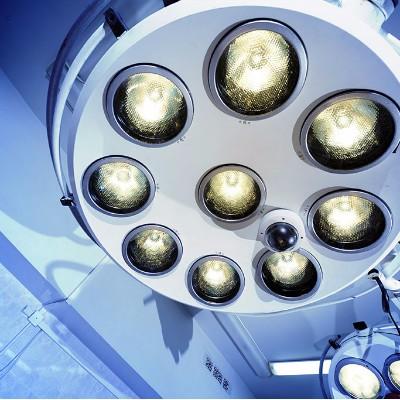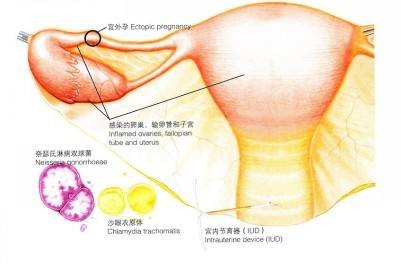What is the cause of periodic paralysis?
summary
Periodic paralysis, also known as periodic paralysis, refers to a group of myopathy characterized by recurrent skeletal muscle flaccid paralysis. According to the change of serum potassium content during attack, it can be divided into low potassium type, positive potassium type and high potassium type. According to the etiology, it can be divided into primary and secondary. Primary refers to those whose pathogenesis is unknown and hereditary; Secondary is secondary to other diseases caused by changes in blood potassium and disease. Periodic paralysis usually refers to the former. What are the causes of periodic paralysis? Come and study with me.
What is the cause of periodic paralysis?
The first reason is that hypokalemic periodic paralysis is sporadic in most of China, and hereditary or familial in European and American countries. Sporadic is only 20%, so it is called familial periodic paralysis. It is autosomal dominant inheritance, and the gene is located in 1q31-32, which is connected with dihydropyridine receptor gene and may be caused by gene mutation.
Reason 2: hyperkalemic periodic paralysis, also known as hereditary paroxysmal myasthenia, ankylosing periodic paralysis, is an autosomal dominant inherited myopathy. In recent years, skeletal muscle sodium channels located in 17q23.1-25.3 have been found α The SCN4A gene has a missense mutation, which is associated with hyperkalemic and hyperkalemic periodic paralysis. It is considered as a skeletal muscle sodium channel disease.
The third reason: in recent years, we found that the skeletal muscle sodium channel located in 17q23.1-25.3 α The SCN4A gene has a missense mutation. Hyperkalemic periodic paralysis and positive kalemic periodic paralysis are associated with this mutation, which is considered as a skeletal muscle sodium channel disease. These mutations can cause structural changes of sodium channel proteins; Hypokalemic periodic paralysis is considered to be a disease of L-type calcium channel (dihydropyridine receptor) in skeletal muscle. The gene of dihydropyridine receptor is located in 1q31-32. Gene mutation can cause abnormal function of L-type calcium channel. The abnormal function of these ion channels may lead to the changes of ion distribution and membrane potential inside and outside the muscle cell membrane, which may lead to the loss of excitability of muscle fibers and the paralysis of skeletal muscle.
matters needing attention
In patients with periodic paralysis, the interval of paralysis attack is normal, and a few patients with frequent attacks may have persistent myasthenia or even muscle atrophy. Generally speaking, after middle age, most patients gradually reduce and stop attacks. People with periodic paralysis should avoid cold, fatigue, satiety, high sugar diet or alcoholism. Hyperthyroidism should be excluded from periodic paralysis. The cause of persistent hypokalemic paralysis should be examined in detail, except for chronic renal failure or adrenocortical tumor.











